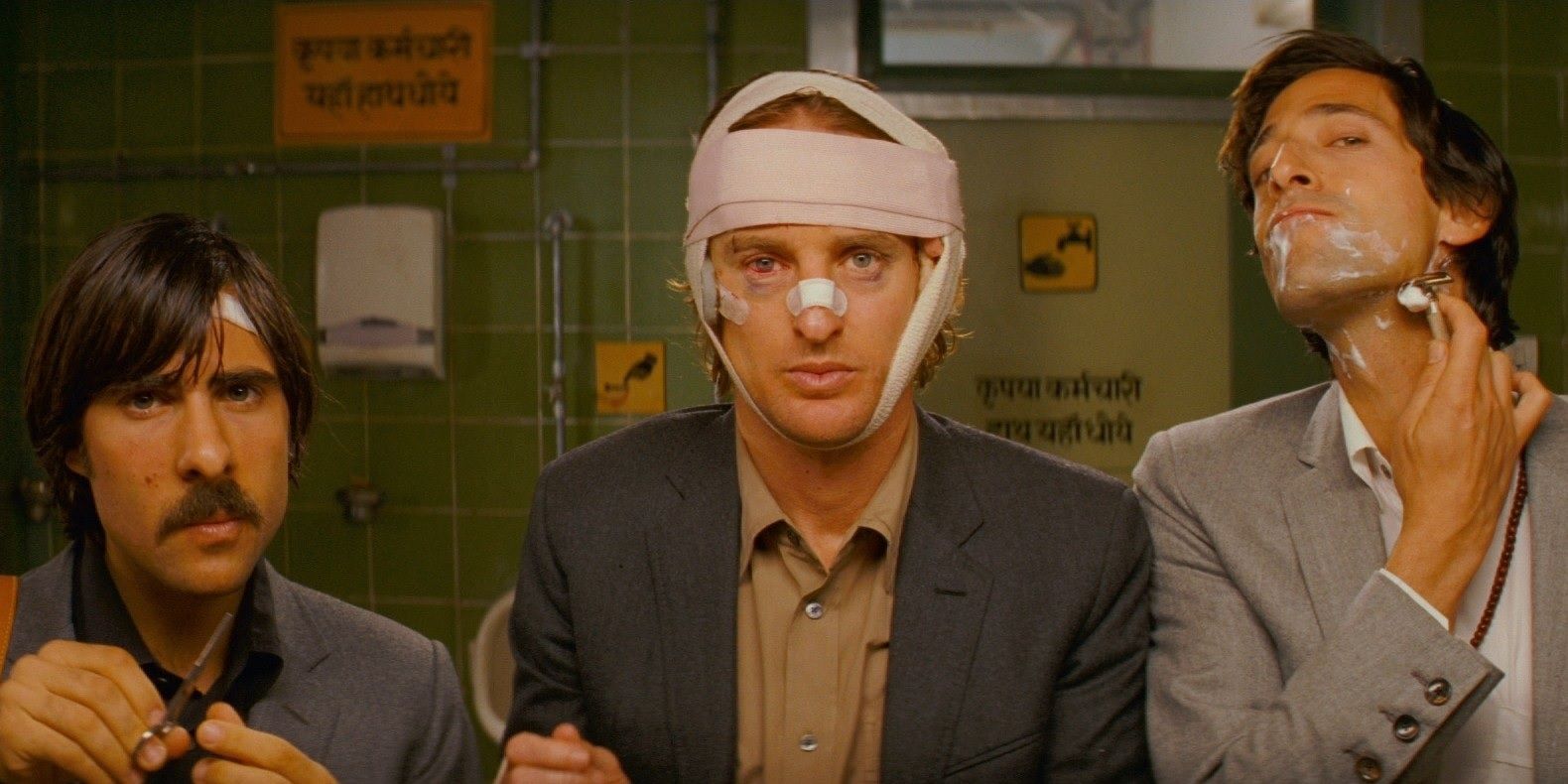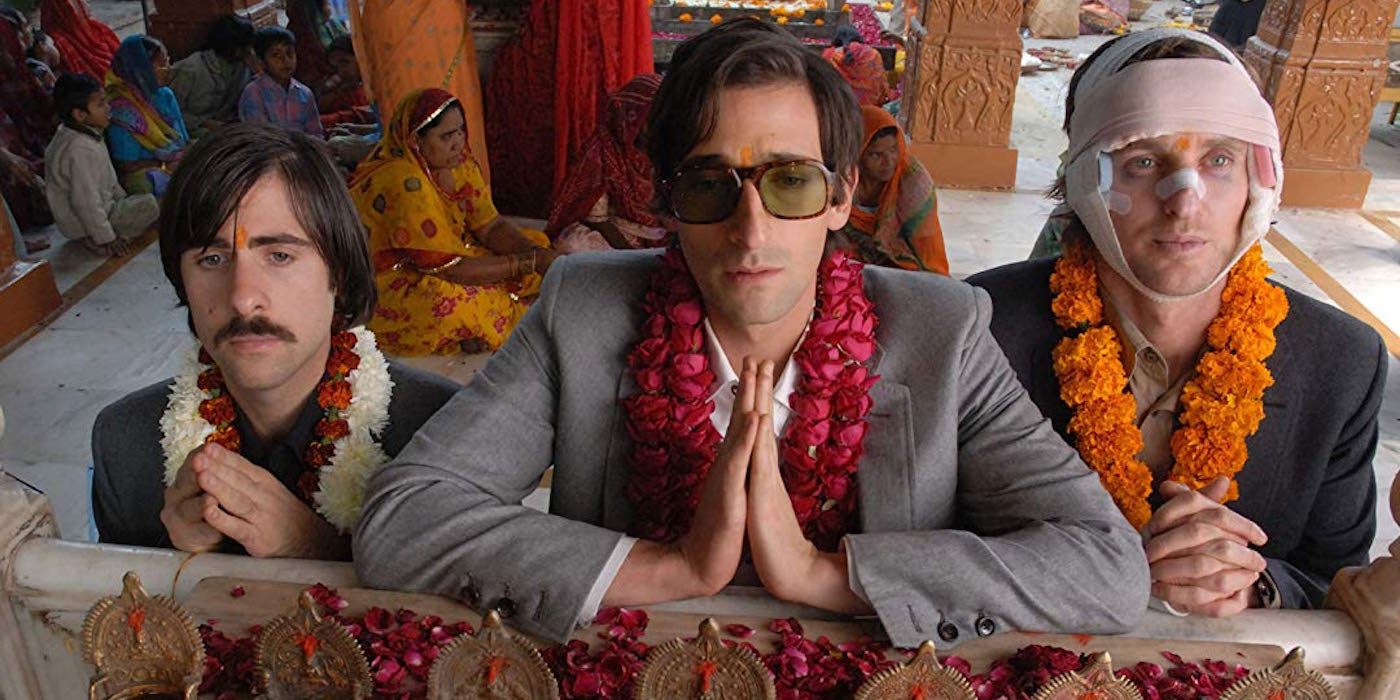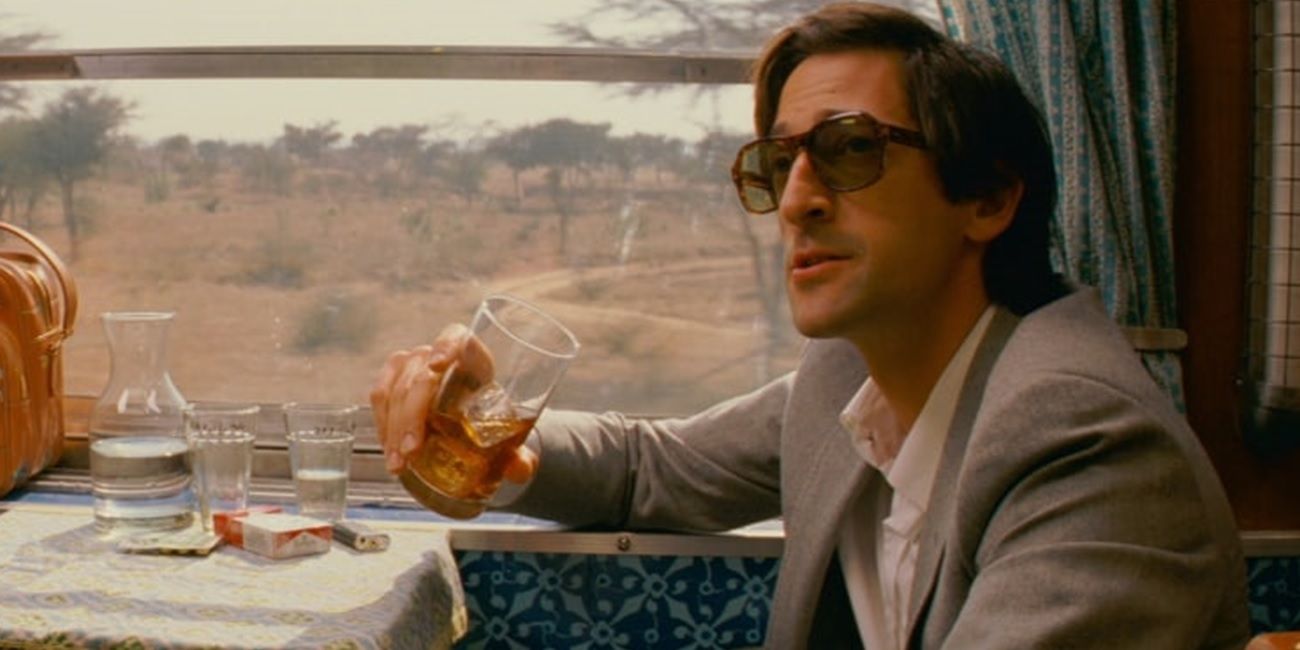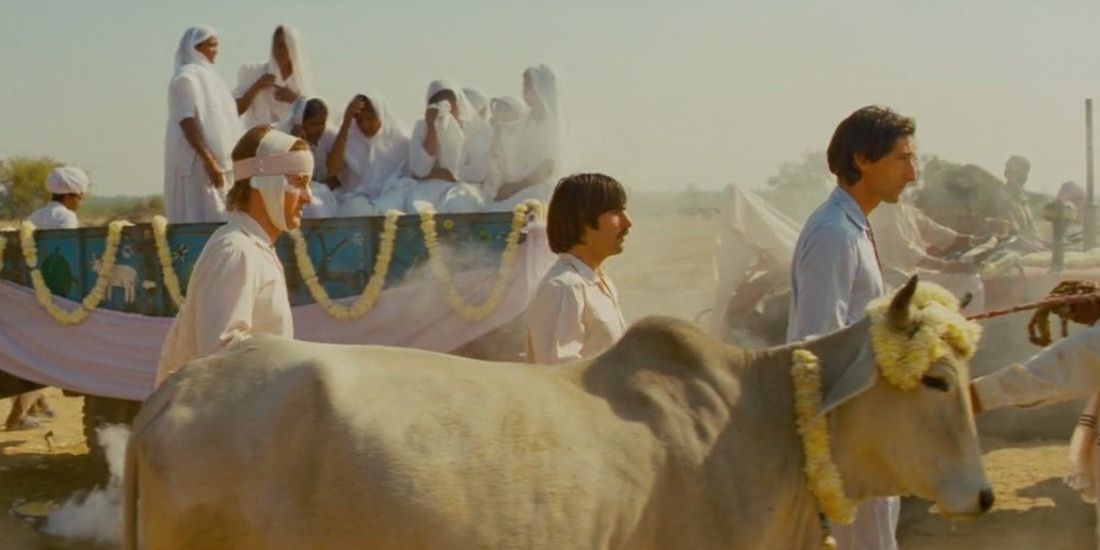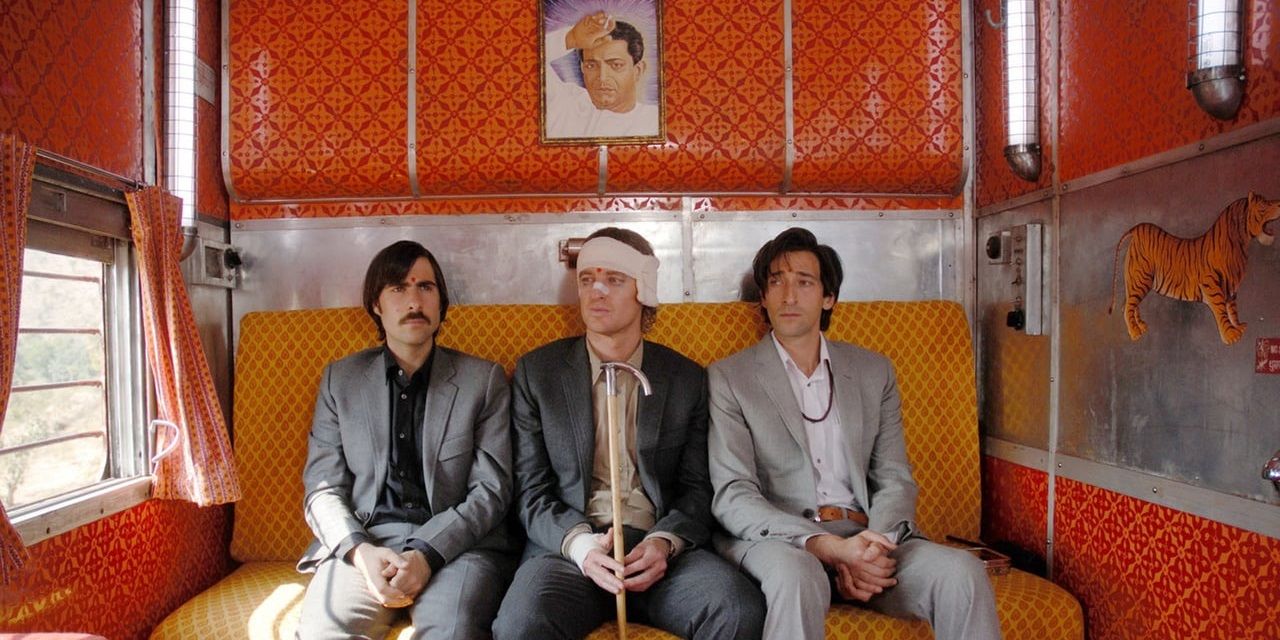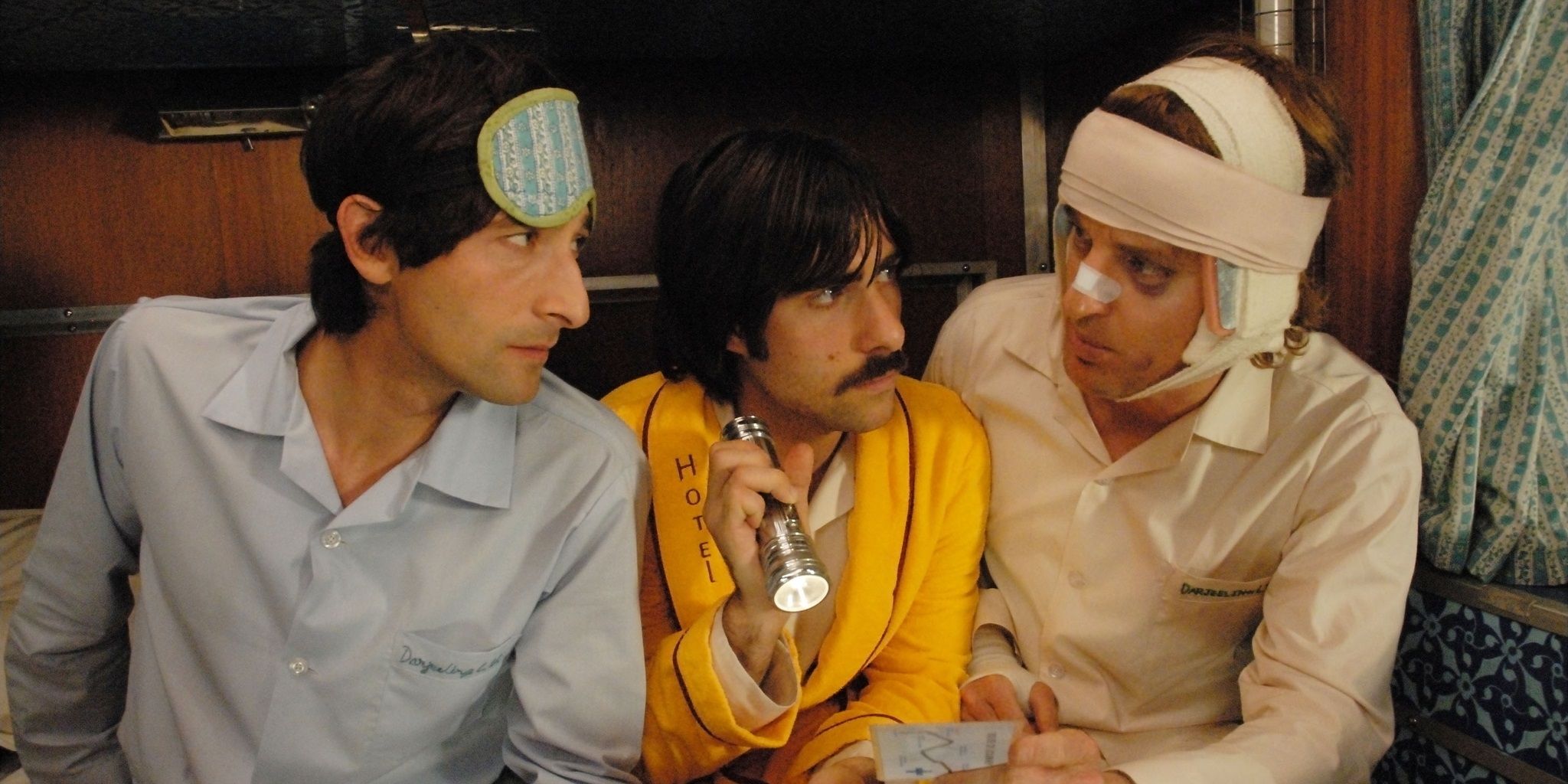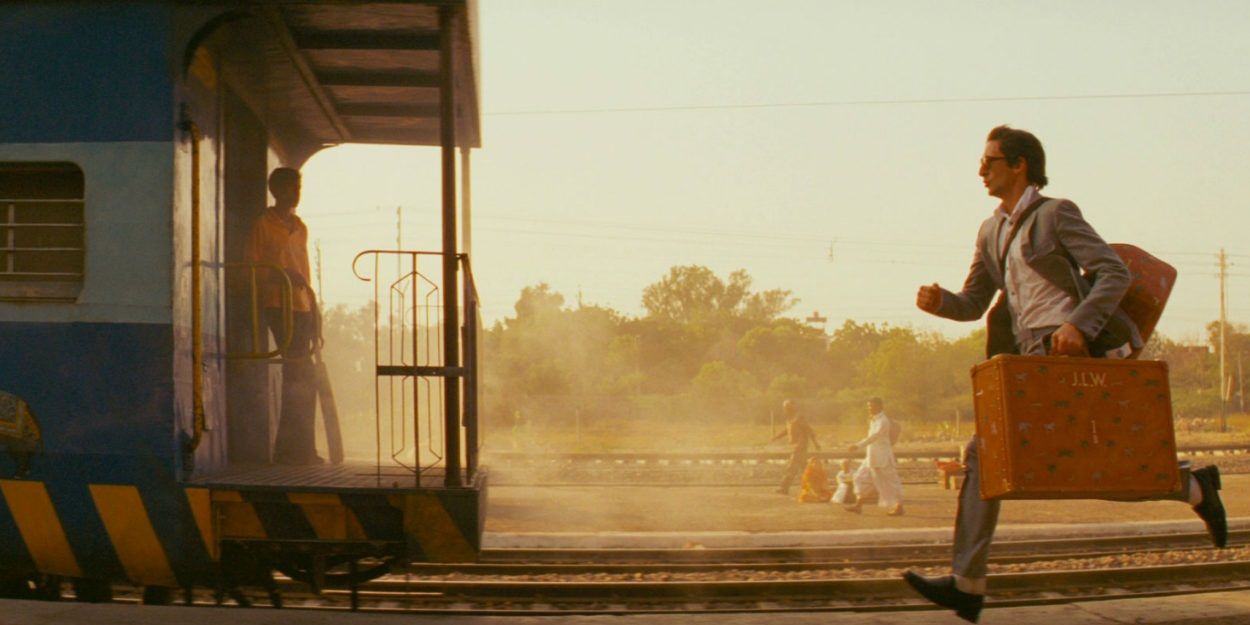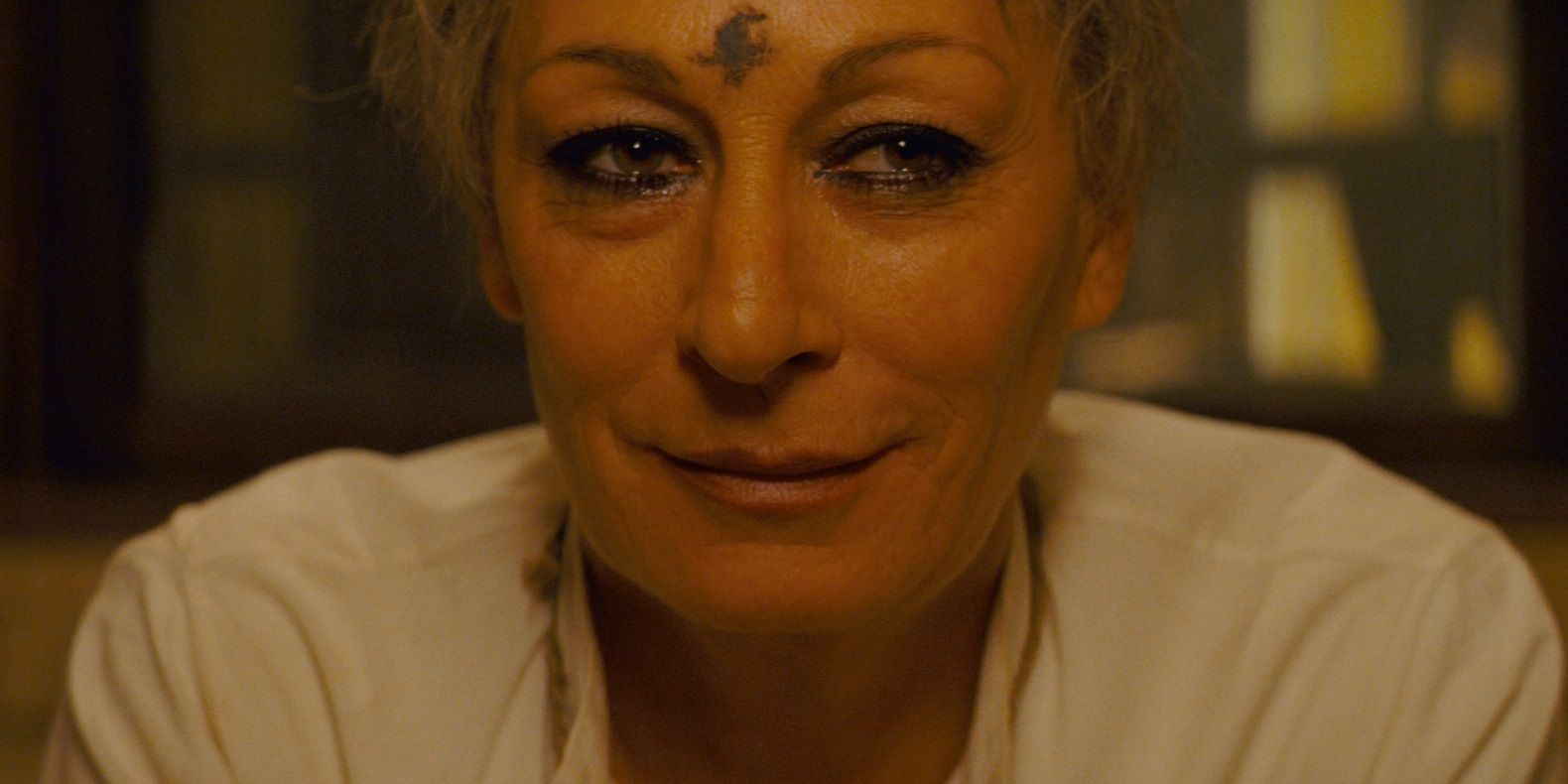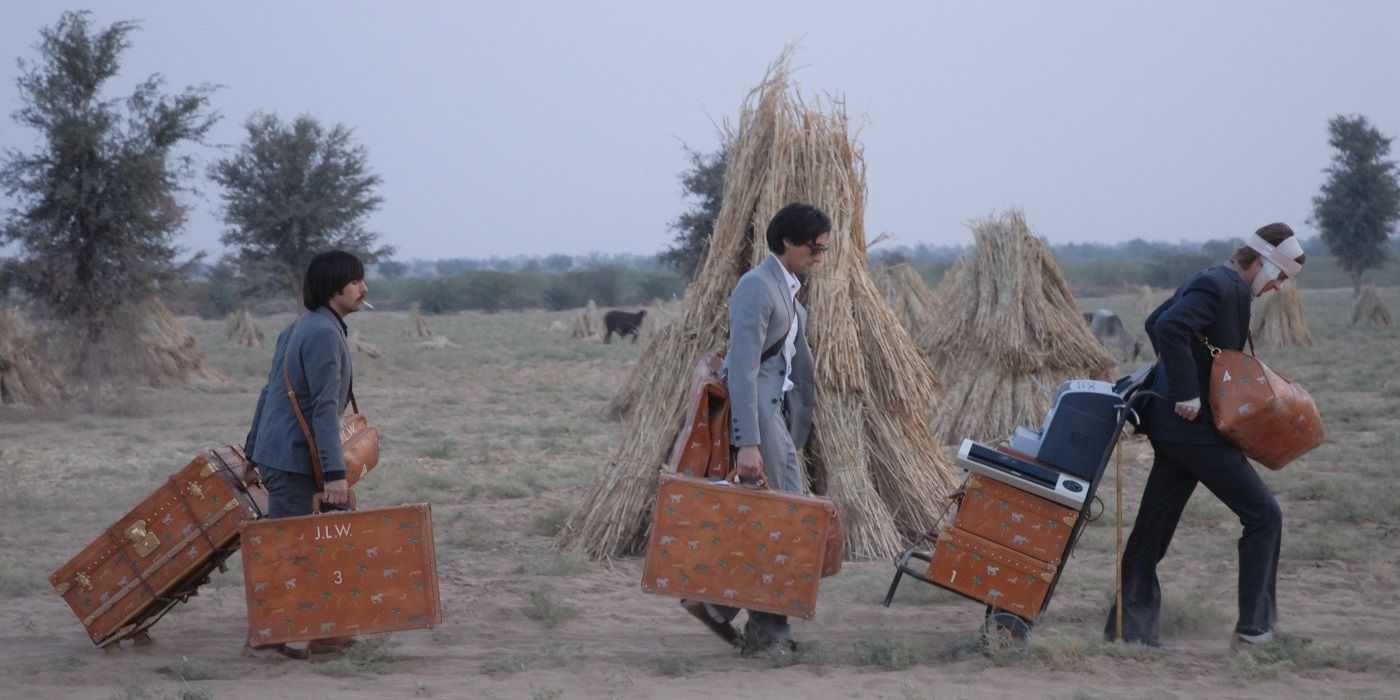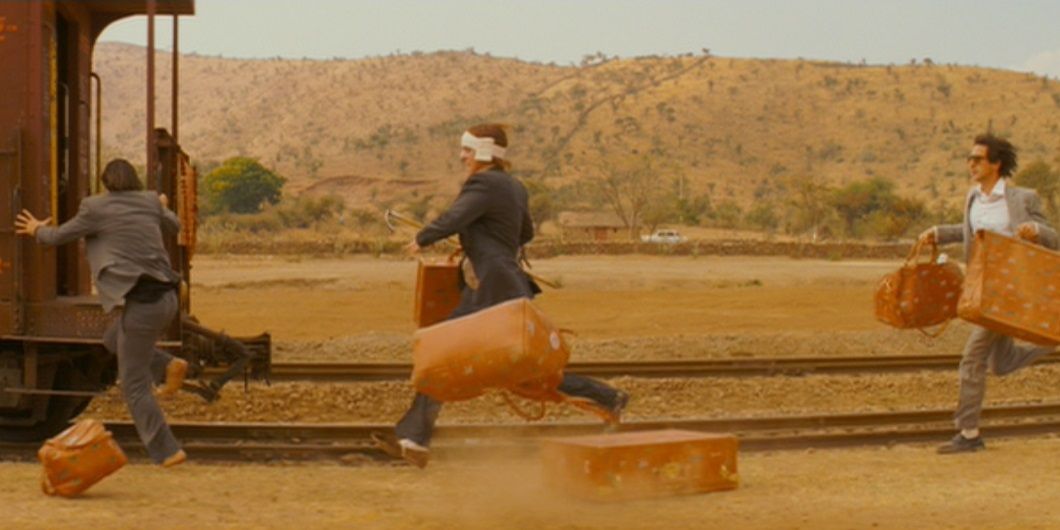Wes Anderson is one of the most acclaimed directors working today, as the majority of his quirky filmography has been lauded by critics and moviegoers alike. Bottle Rocket, Rushmore, The Royal Tenenbaums, Moonrise Kingdom, and The Grand Budapest Hotel are all modern classics that have plenty of substance to back up their distinctive visual style.
In some cases, the mixed critical reception is a result of the movie not quite living up to the filmmaker’s reputation, like The Life Aquatic with Steve Zissou, but one movie that didn’t receive as much love from audiences as it deserved is The Darjeeling Limited.
It Accurately Reflects Brotherhood
The conversations between Francis, Peter, and Jack in The Darjeeling Limited accurately reflect the way that brothers communicate. They struggle to tell each other how they really feel and disagree on just about everything.
Owen Wilson, Adrien Brody, and Jason Schwartzman share impeccable chemistry as the movie’s leads, making their sibling dynamic ring true.
It’s Full Of Great Performances
As with all of Anderson’s movies, The Darjeeling Limited is filled with great performance. Obviously, it’s anchored by Owen Wilson, Adrien Brody, and Jason Schwartzman’s unforgettable dynamic as three brothers.
But the supporting players all give terrific performances, too, including Amara Karan, Wallace Wolodarsky, Irrfan Khan, and Bill Murray, who makes a lasting impression with a very brief cameo.
It’s Anderson’s Most Spiritual Movie
From Rushmore’s love triangle to The Royal Tenenbaums’ suicide attempt, all of Wes Anderson’s movies have dealt with heavy emotional journeys, but The Darjeeling Limited is his most overtly spiritual movie.
Francis initially invites his brothers out to India so that they can go on a spiritual journey together, and although that turns out to be a half-truth, the spiritual journey they go on is very real.
The Arc Of The Movie Captures The Stages Of Grief
Since The Darjeeling Limited takes place a year after the brothers’ father’s death, they’re already pretty deep into their mourning when the movie begins. The arc of their journey perfectly captures the stages of grief.
The midpoint, in particular, which sees the brothers trying and failing to save a young boy from drowning, contributes a lot to this arc. Attending the boy’s funeral puts everything in perspective for the first time.
The Indian Setting Is Brought To Life By Robert Yeoman’s Cinematography
After finding the beauty in places like West Texas and New York City in their previous collaborations, Anderson and his go-to cinematographer Robert Yeoman brought the Indian setting of The Darjeeling Limited to life with gorgeous visuals.
The movie’s cinematography has plenty of Yeoman’s usual naturalistic lighting, but the sunny locales and colorful clothing allowed for a bright, vibrant palette.
The Loose Structure Of The Screenplay Allows For More Internal Conflict
Written by Wes Anderson, Roman Coppola, and Jason Schwartzman, the loosely structured screenplay for The Darjeeling Limited has a lot more internal conflict than external conflict: Francis is lying about the true intention of the trip, Peter is unsure about his marriage, and Jack is processing his emotions through his writing.
Anderson said in an interview with Charlie Rose that the three writers actually took a train journey across India while they were working on the script.
Anderson’s Soundtrack Choices Are Dynamite As Usual
As usual, Anderson’s soundtrack choices in The Darjeeling Limited are awesome. Most notably, the movie features three Kinks songs, all played over Anderson’s signature slow-motion shots: “This Time Tomorrow” as Peter runs for the train in the opening scene, “Strangers” as the brothers leave the kid’s funeral and reflect on their own grief, and “Powerman” as they run for the train in the final scene and ditch all their late father’s suitcases.
The soundtrack also has licensed songs from other artists like Peter Sarstedt and the Rolling Stones, and “Les Champs-Élysées” by Joe Dassin pairs perfectly with the end credits. Plus, Anderson mixes in a bunch of film scores from Indian cinema to imbibe the setting.
Anjelica Huston Shows Up At Just The Right Time
Just when The Darjeeling Limited is starting to lag, the brothers meet up with their mother — played by The Royal Tenenbaums’ Anjelica Huston — who abandoned them.
Huston shows up at just the right time to keep the character work engaging. Reuniting with his mother prompts Francis to confess that his accident was actually a suicide attempt.
It Seamlessly Flits Between Whimsical Comedy And Harrowing Drama
On the whole, Wes Anderson’s style can be described as a melancholic blend of comedy and drama, encompassing the full spectrum of human emotion with funny moments, sad moments, and everything in between.
In The Darjeeling Limited, Anderson seamlessly jumps between whimsical comedy and harrowing drama. One second, the brothers will be bickering. The next, they’ll be desperately trying to save some children from drowning — and failing on one count.
The Final Scene Has The Perfect Visual Metaphor For Letting Go Of Emotional Baggage
Ultimately, The Darjeeling Limited is about letting go of emotional baggage. The three brothers haven’t spoken to each other since their father’s funeral, and they’re still holding onto a lot of feelings regarding each other and their parents.
In the final scene, they let go of their baggage in a literal sense, flinging away the luggage that belonged to their dead father as they try to catch the train.

